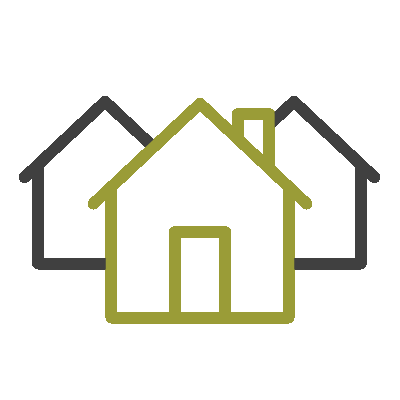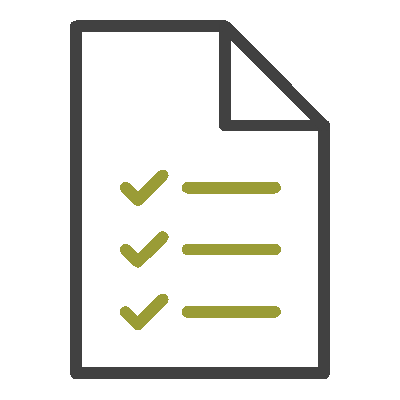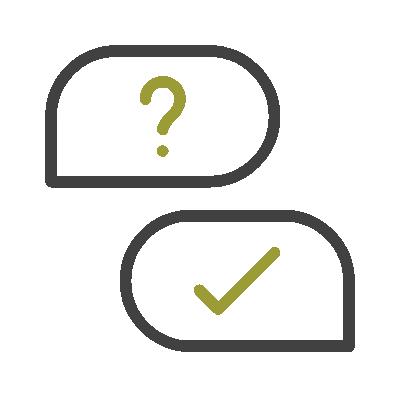
design for
human diversity.
diverse partners. shared mission.
Meet our incredible network of non-profits and for-profits, all working to create empowering environments.
Thank you so much for taking the time to consult with me last week. Having a research entity available to provide information and clarity to standards is very valuable to our communities as it affects what our businesses produce for the public. You were extremely gracious in the time and resources you provided us to enable us to better assess our situation here at Parata.
NATALIE D,
MECHANICAL ENGINEER
.png)
what is UD?
Universal design is the process of creating products that are accessible to people with a wide range of abilities, disabilities, and other characteristics. Universally designed products accommodate individual preferences and abilities; communicate necessary information effectively (regardless of ambient conditions or the user's sensory abilities); and can be approached, reached, manipulated, and used regardless of the individual's body size, posture, or mobility.
Application of universal design principles minimizes the need for assistive technology, results in products compatible with assistive technology, and makes products more usable by everyone, not just people with disabilities.
why UDI?
The Ronald L. Mace Universal Design Institute (The Institute) is a non-profit organization based in North Carolina dedicated to promoting the concept and practice of accessible and universal design. The Institute's work manifests the belief that all new environments and products, to the greatest extent possible, should and can be usable by everyone regardless of age, ability, or circumstance. The Institute advances the concept of universal design in all design disciplines, including housing, public-use buildings, outdoor and urban environments and related products.

contact us.
Whether you have questions or need assistance, our team is here to help. Get in touch through any of the channels below. We’re eager to hear from you!
Got questions? Find the answers here.














